异常处理:Python编程中常见异常的捕获与处理?
在Python编程中,异常处理是一种机制,用于捕获和处理程序运行时可能出现的问题。以下是一些常见的Python异常及如何捕获和处理它们:
SyntaxError:语法错误,如括号不匹配、关键字拼写错误等。捕获示例:
```python
def check_syntax(code):
try:
except SyntaxError:exec(code)
returnprint("Syntax error occurred")
code_example = “for i in range(3): print(i)”
check_syntax(code_example)
2. `NameError`:未定义的变量或函数。捕获示例:```pythondef check_name_usage(name):try:# 检查是否已定义该名字if name not in globals():raise NameError(f"Variable {name} is not defined"))print("Variable checked, no NameError occurred")except NameError as ne:print(f"NameError occurred: {ne}")returnexample_var = "my_variable"check_name_usage(example_var)
TypeError:类型错误,当操作或函数需要特定类型的参数但实际提供了不同类型时会触发。捕获示例:
```python
def check_type(var, expected_type):
try:
except TypeError as te:# 检查变量的类型是否符合预期if not isinstance(var, expected_type):raise TypeError(f"Variable {var} is of type {type(var)} but should be of type {expected_type}.")print("Type checked, no TypeError occurred")
returnprint(f"TypeError occurred: {te}")
example_int = 123
check_type(example_int, float))
```
以上就是Python编程中常见异常的捕获与处理。在实际项目中,根据具体需求可能会设计更复杂的异常处理机制。


























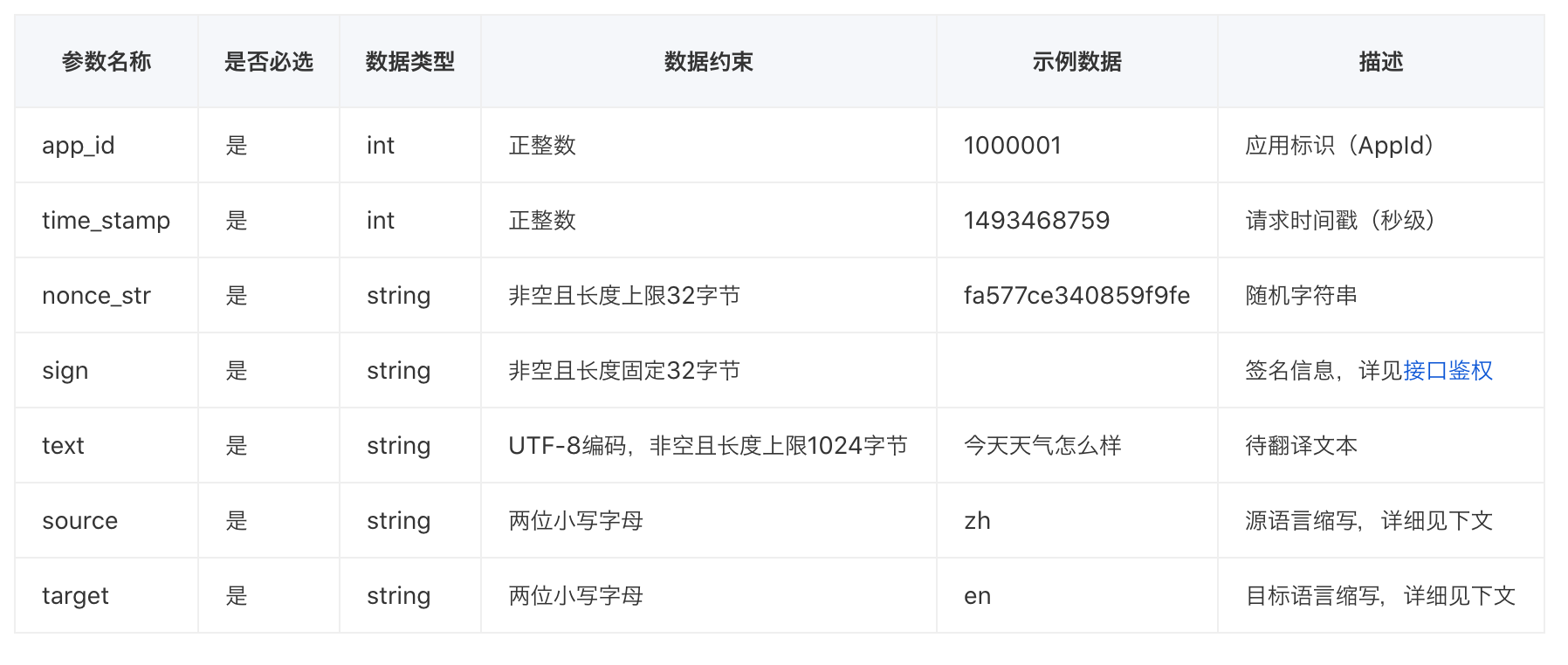
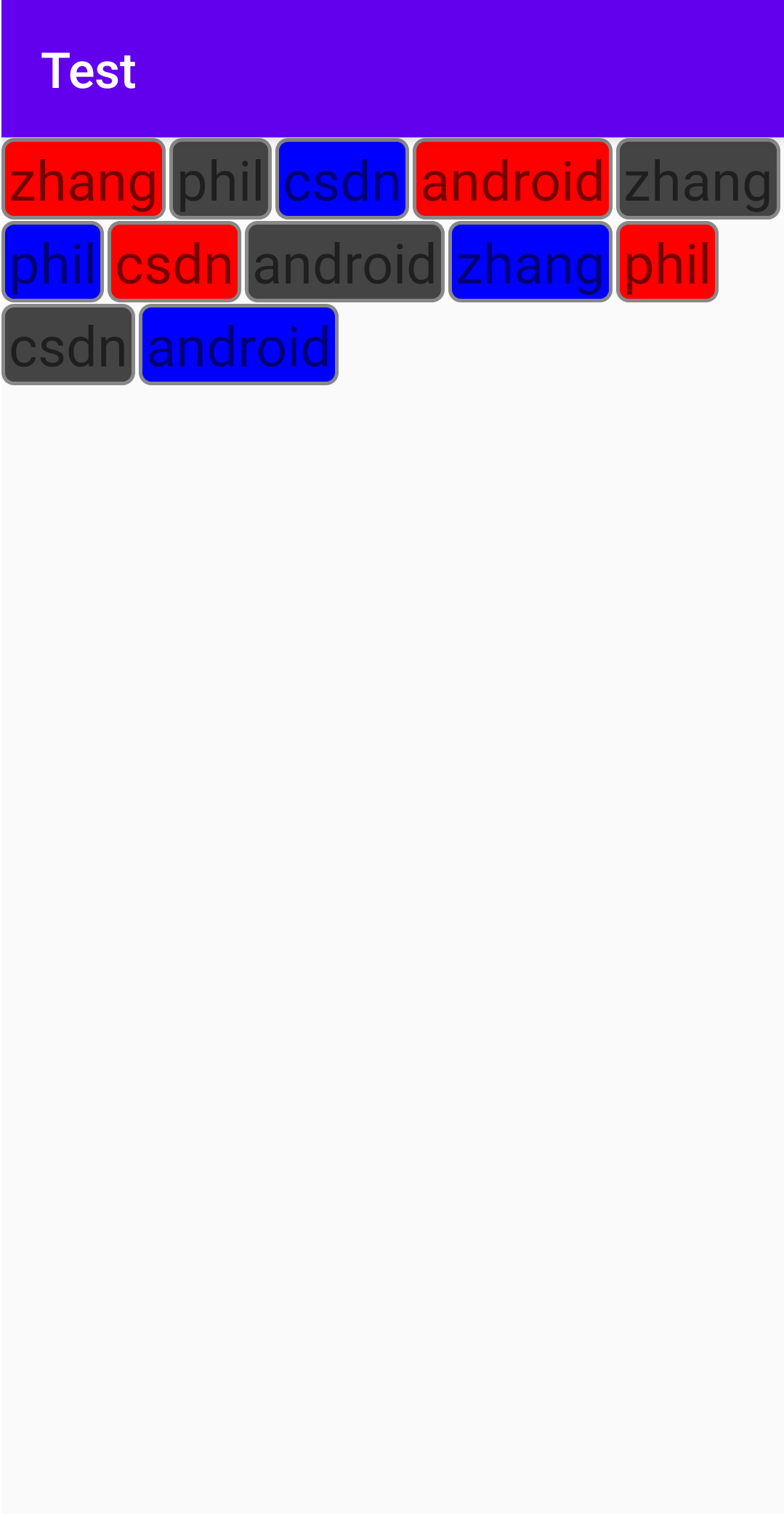
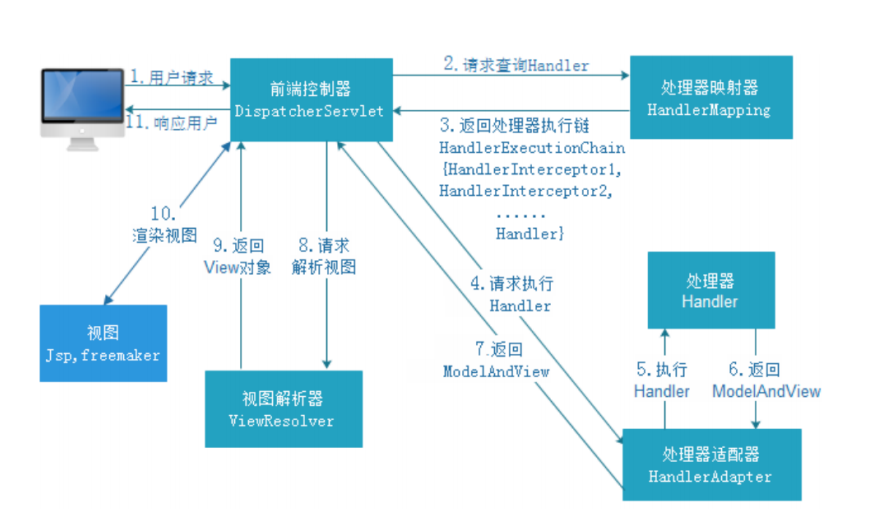
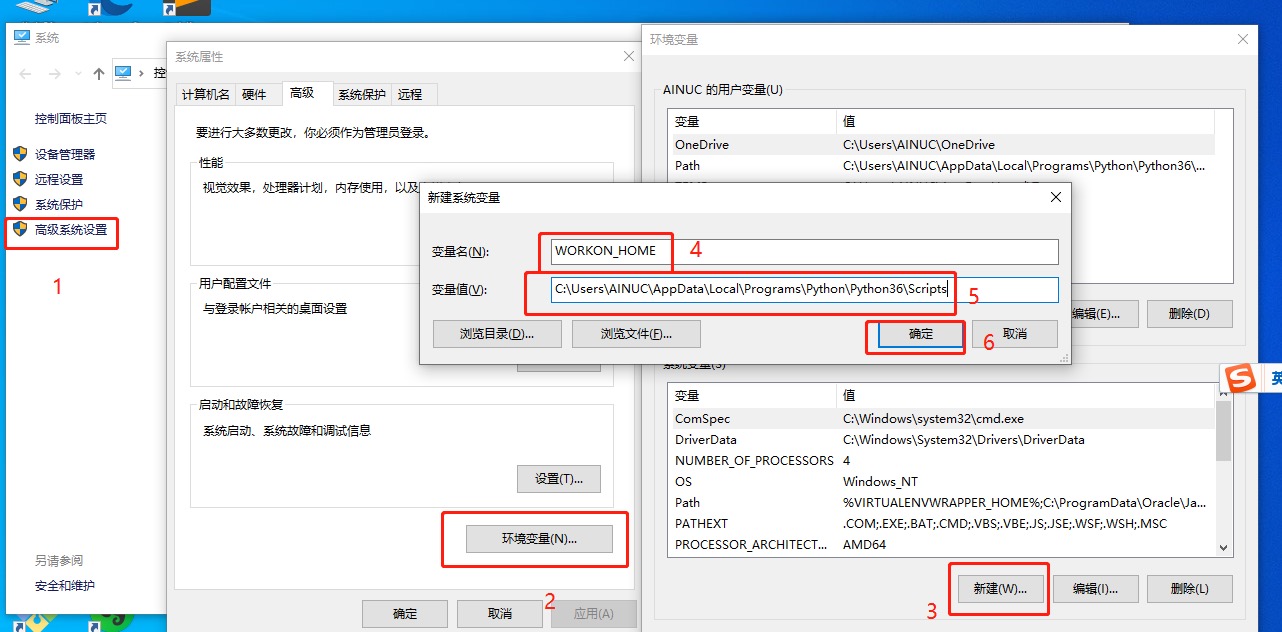
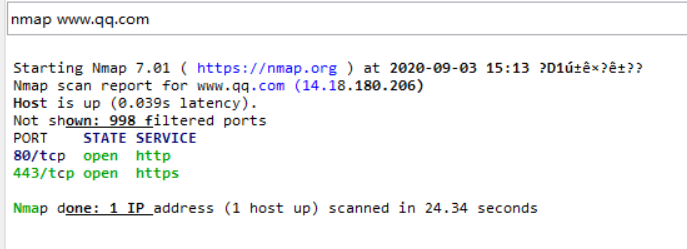
![java工程师进阶JVM[1]-Java内存结构 java工程师进阶JVM[1]-Java内存结构](https://image.dandelioncloud.cn/images/20221123/51fce8e20e194db0ae600618ec5ff1d3.png)



还没有评论,来说两句吧...